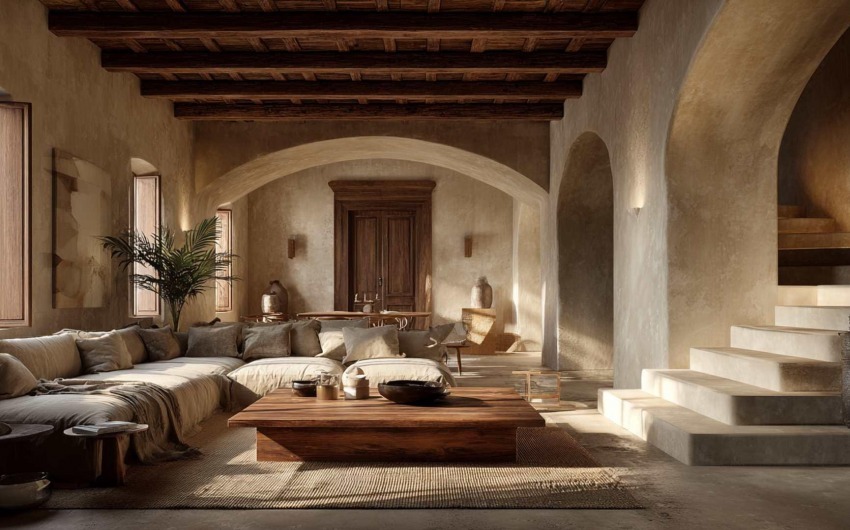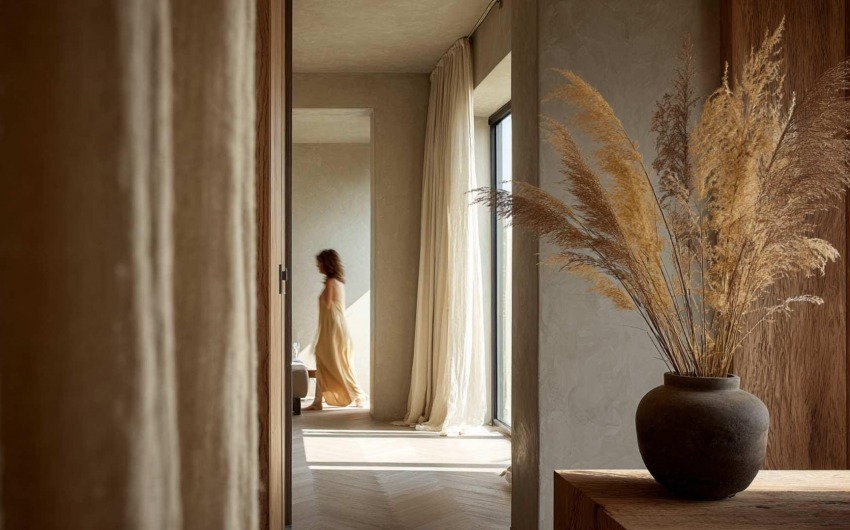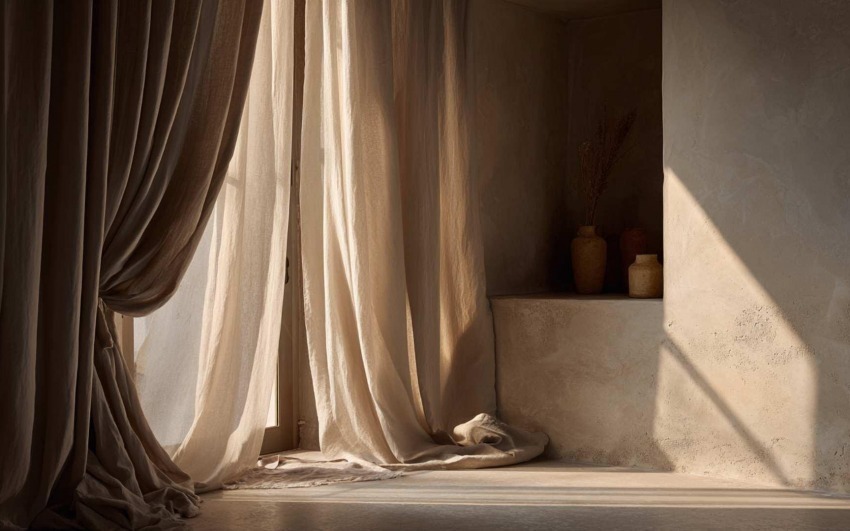10/25/2024
Low-Emission Furniture
Many traditional furniture pieces release volatile organic compounds (VOCs) that can be harmful to health. Choosing furniture made from eco-friendly materials, such as FSC-certified wood, non-toxic paints, and natural fabrics, can significantly reduce the presence of pollutants in the air. Using low-impact adhesives and water-based finishes further contributes to creating a cleaner environment.
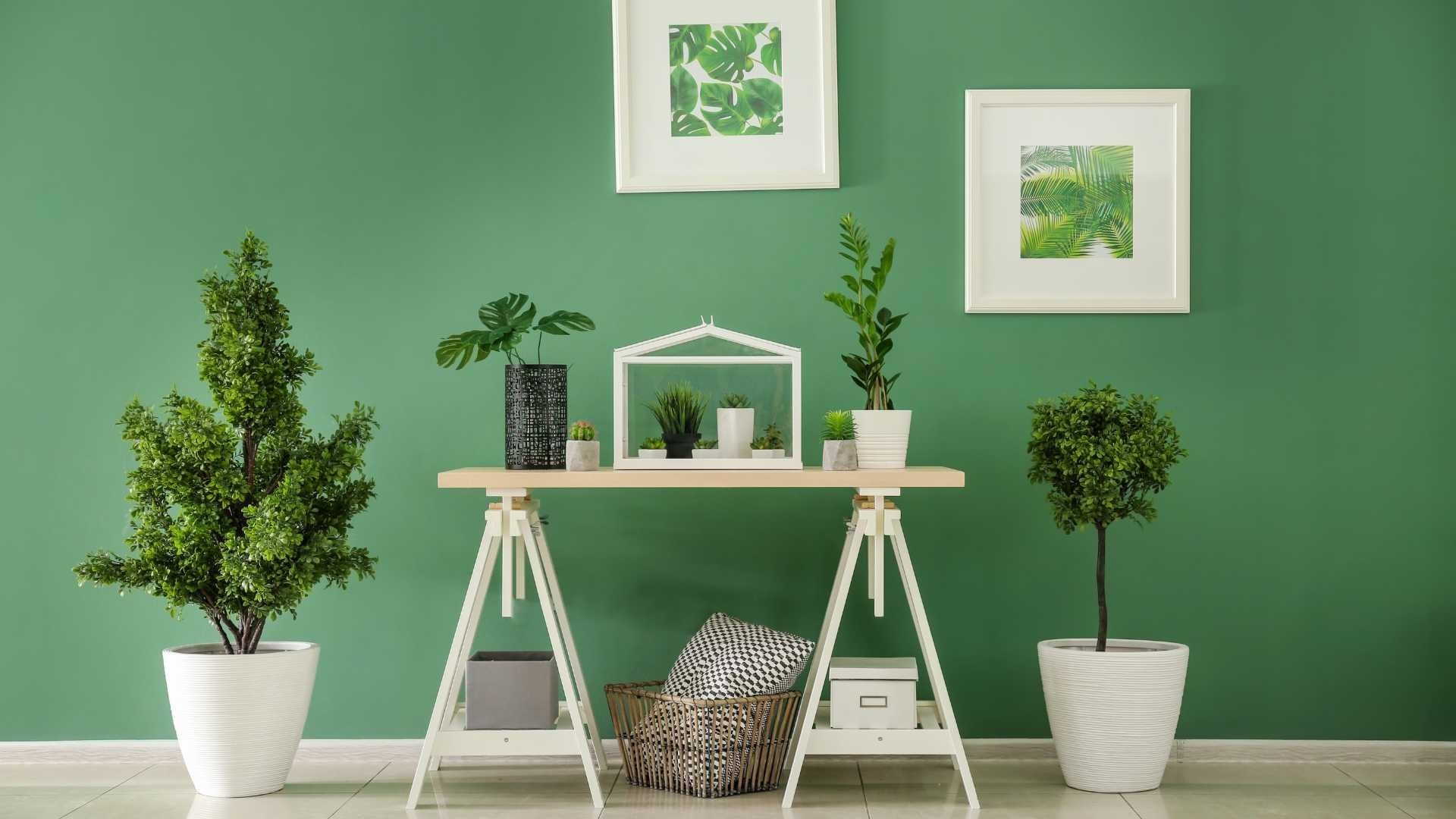
Integrating Air-Purifying Plants
Plants are natural allies in the fight against indoor pollution. Certain species, such as Ficus, Pothos, and Sansevieria, are particularly effective at filtering the air and absorbing toxic substances like formaldehyde and benzene. Integrating furniture that facilitates the inclusion of plants, such as shelves and green dividers, enhances both aesthetics and air quality.
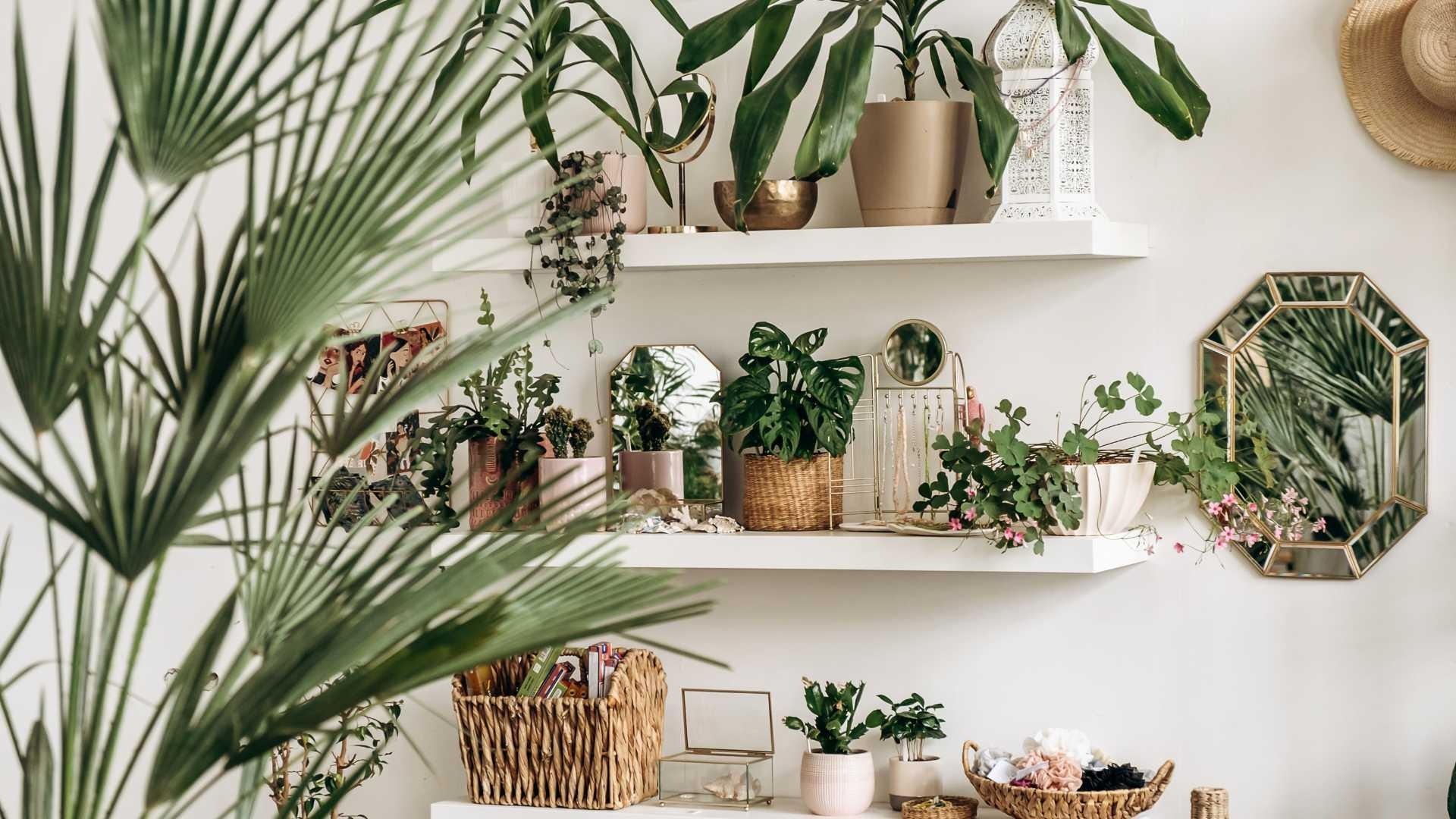
Air Purification Technologies
Smart furniture can also incorporate air-purification technologies. There are pieces that include silent air purifiers or fans that improve air circulation. Some smart systems can monitor air quality in real time, automatically adjusting purification levels based on environmental conditions.
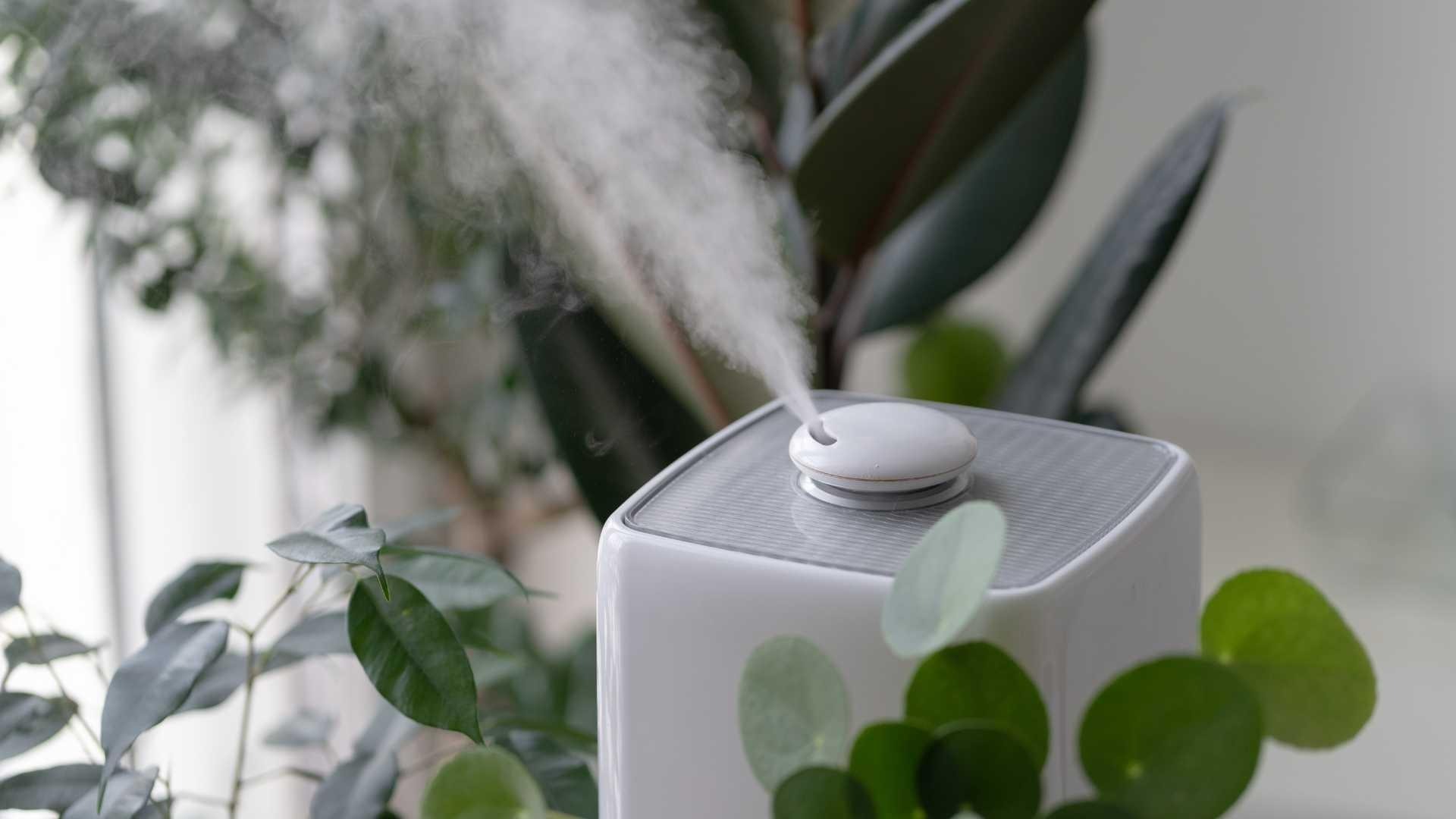
The Importance of a Sustainable Home
Beyond comfort and aesthetics, designing smart and sustainable homes is essential for long-term well-being. Investing in furniture that reduces indoor pollution is a conscious choice to improve health and overall quality of life.
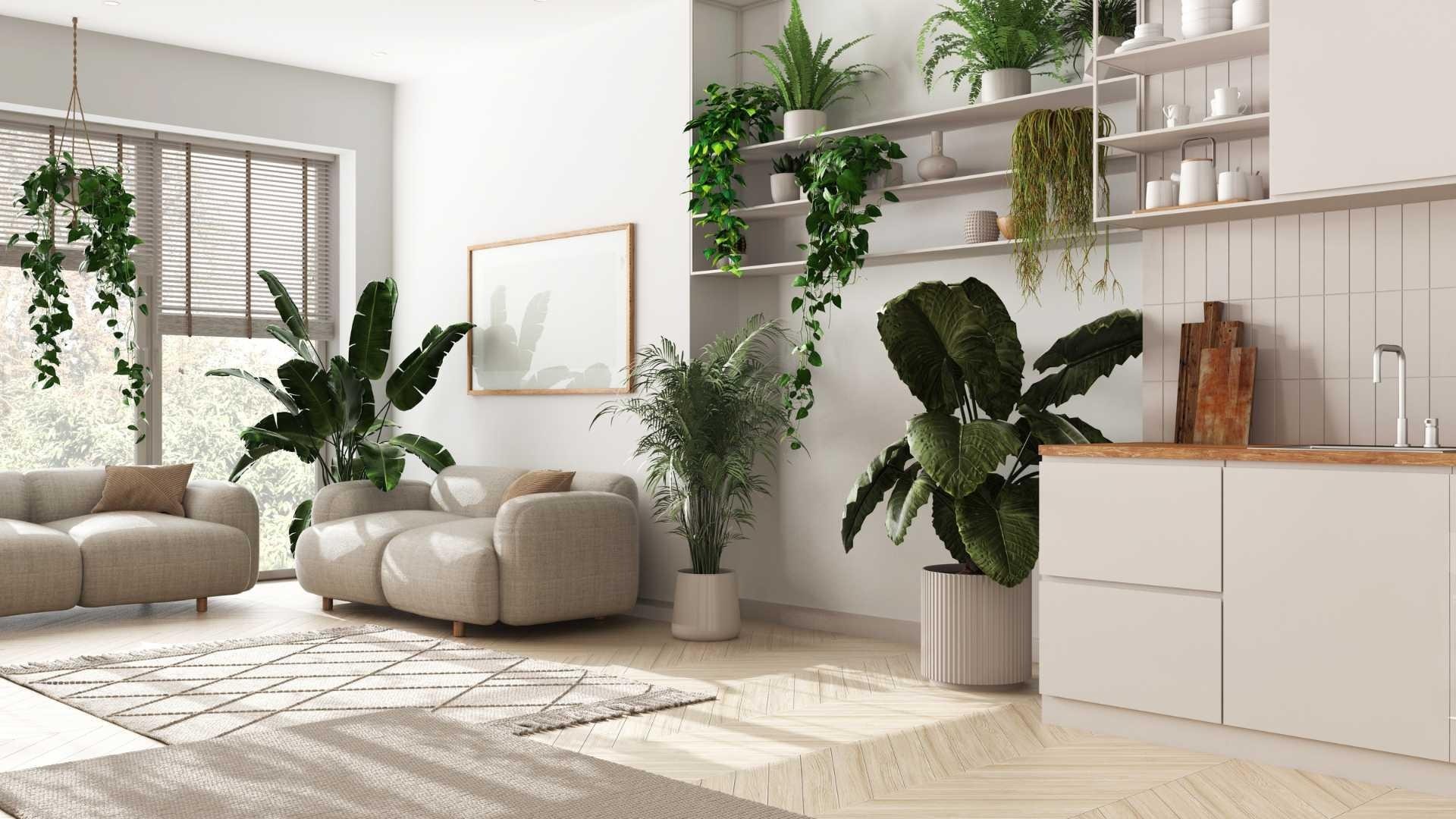
_14077b47db_23.jpg)
Interior Designer since 1985
CEO & Founder, Italian Design in the World
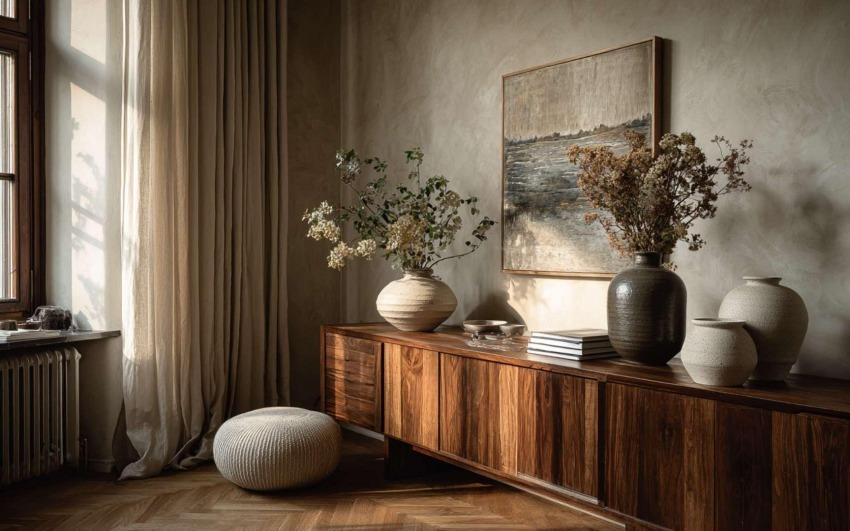
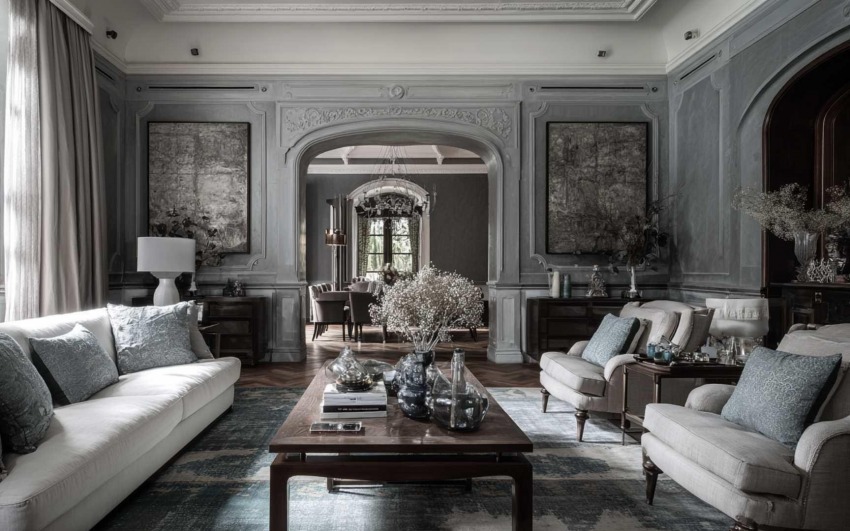
_c49d85500f_642.jpg)
